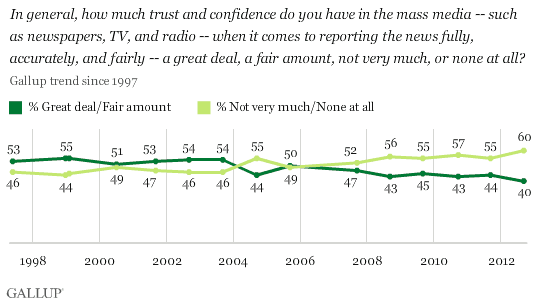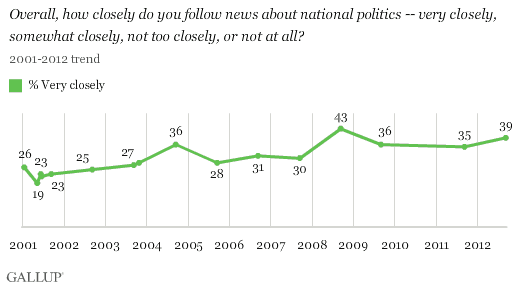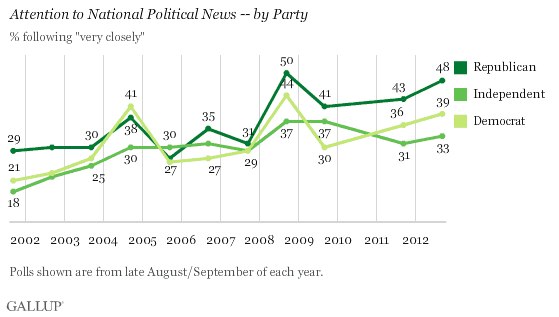We are developing some trust issues here America.
This week Gallup let us know that 60 percent of Americans don’t trust the mass media. The same week that Gallup released its polling data, CNN read and used the late ambassador Christopher Stevens’s personal journal to inform their reporting. CNN broke a pledge to the late ambassador’s family that it wouldn’t report on the diary, State Department spokesman Philippe Reines, a senior adviser to U.S. Secretary of State Hillary Rodham Clinton, told the Associated Press.
Yikes. What a perfect storm. No wonder we have issues.
In journalism school, my tough-as-nails professor leaned over his desk at the head of the class and with the piercing eyes of an old newsman drilled into my subconscious how crucial trust is in my profession.
“How will a reader trust what you are saying if you can’t even be consistent in your useage?!” he would exclaim, exasperated at our naive misuse of AP style.
His sage admonitions have implications far beyond what words we capitalized.
Developing a relationship of trust is a crucial part of good reporting. Your most valuable sources will only tell you the juicy things if they know that you won’t burn them. Believe me, I know. A person of integrity will get farther with both the public that they serve and the sources who they rely on if both can trust you. So CNN, why would I trust someone who goes back on their word?
Maybe that is why so many people don’t trust traditional news outlets.
Pop quiz newsies: what was Walter Cronkite referred to as? An interesting enigma in and of himself.
Even the illusion of integrity in reporting means something in the chronicles of history. At least I thought it did.
Reporters have a duty to tell Americans everything and relentlessly dig into every angle of a story. Honor that mission. Reporters have a responsibility to weigh the consequences of their actions. Think about what you say before you say it. Most importantly, reporters have to look in the mirror at the end of the day. Don’t disappoint yourself – you are not going to be a reporter forever and when retirement day comes it will be nice to have someone who doesn’t detest you.
Was peeping into Steven’s journal and publishing it’s contents newsworthy? Probably. Was it ethical? Nope. What is more important at the end of the day?
Well, reporter friends, that’s between you and the reader. What do you want your relationship with the people who consume your product to be characterized by?
Aside from the trust issues, the poll dug up some fascinating information about political parties and how they react to the news. Here are some of the more interesting parts of the poll’s findings:
“Americans tend to pay more attention to political news in presidential election years, and that is the case in 2012. However, Americans are less likely this year to be paying close attention to news about national politics than they were in 2008. The 39% who say they are paying close attention is up from last year — when Americans were paying a high level of attention compared with other non-election years — but down from 43% in September 2008,” Gallup says.
“Despite their record-low trust in media, Republicans are the partisan group most likely to be paying close attention to news about national politics, with the 48% who are doing so similar to the 50% in 2008 and up significantly from 38% in 2004. Independents and Democrats are less likely than Republicans to be paying close attention, with their levels of attention similar to 2008 and 2004,” Gallup says.



Leave a Reply